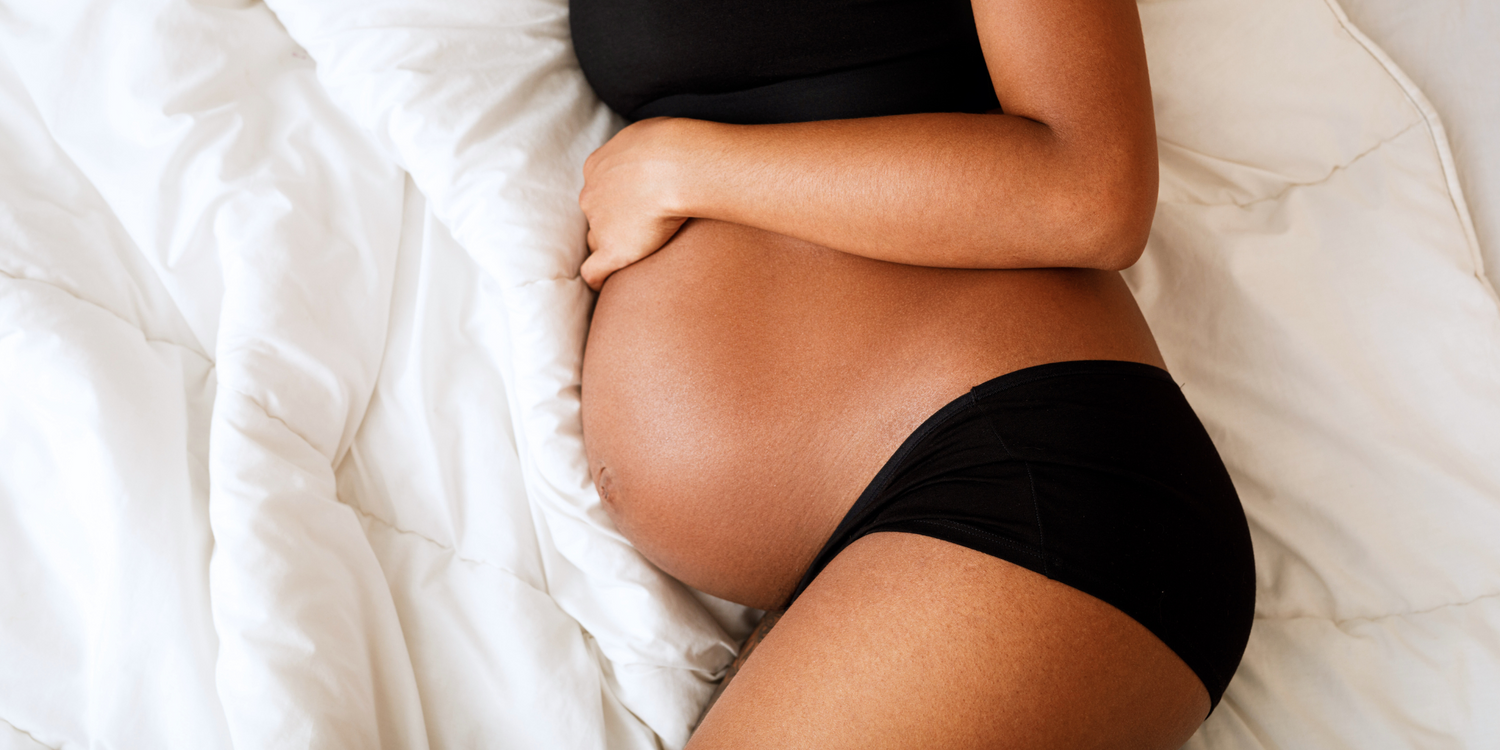In this article, we take a closer look at how sleep deprivation can affect your fertility. We explore the connection between sleep and the menstrual cycle as well as the consequences of sleep disorders on reproduction. Additionally, you will receive practical tips to improve your sleep hygiene and thus increase your chances of pregnancy.
The Link Between Sleep and Fertility
Sleep and fertility are closely interconnected. A healthy sleep-wake rhythm greatly impacts your hormone balance and plays a crucial role in your reproductive health. Here, we will discuss the key aspects of this connection.
Hormonal Balance
Your sleep directly influences the production and release of various hormones that are essential for your fertility. A disrupted sleep rhythm can lead to irregularities in the menstrual cycle and even the absence of periods. This is because sleep affects the release of hormones such as FSH (follicle-stimulating hormone) and LH (luteinizing hormone), which are responsible for the production of estrogen, progesterone, and testosterone.
Melatonin Production
Melatonin, often referred to as the "sleep hormone," plays a central role in your fertility. It is produced not only in the pineal gland but also in the ovaries and testes. Melatonin protects your egg and sperm cells from oxidative stress and improves their quality. Studies have shown that a high melatonin level is found in the follicular fluid around the egg. In in vitro fertilizations, the addition of melatonin can lead to healthier eggs.
Moreover, melatonin appears to play an important role in the implantation of a fertilized egg by regulating the immune system. It is also produced by the placenta and protects the fetus from immune attacks while promoting the growth of blood vessels.
Stress and Cortisol
Stress and poor sleep often go hand in hand and can impair your fertility. When you are stressed, your adrenal glands release the hormone cortisol. Chronic stress and persistently high cortisol levels can suppress estrogen synthesis and increase fat deposition. Excessive cortisol can also reduce progesterone production, negatively affecting your fertility.
To support your fertility, it is important to maintain a stable sleep-wake cycle and practice good sleep hygiene. This helps your body produce sufficient melatonin and regulate cortisol levels, positively affecting your hormonal balance and thus your fertility.
How Sleep Deprivation Affects Fertility
Sleep deprivation can significantly impact your fertility. Insufficient sleep affects not only your energy and mood but also your hormone balance and reproductive functions. Here, we will explain how sleep problems can affect both women and men.
Effects on Women
In women, sleep deprivation can disrupt the menstrual cycle and affect the hormones that trigger ovulation, leading to irregular periods. Sleep problems can impact several hormones important for fertility, including progesterone, thyroid-stimulating hormone (TSH), and estradiol. These hormones, in turn, regulate the levels of luteinizing hormone (LH) and follicle-stimulating hormone (FSH).
Additionally, melatonin plays a crucial role. It is produced not only in the pineal gland but also in the ovaries and has strong antioxidant properties. Melatonin helps eliminate free radicals and protects embryonic cells from DNA damage, thus positively influencing the quality of eggs.
Effects on Men
In men, sleep deprivation can also affect fertility. During nighttime sleep, particularly in the early morning hours and deep sleep phases, men produce a significant amount of testosterone. This hormone is essential for healthy sperm production. Fluctuations in the sleep cycle can affect testosterone levels, leading to lower sperm count and poorer sperm quality.
A study from Boston University found that men who slept less than six or more than nine hours had a 42% lower chance of conception in a given month. Another Danish study, published in the American Journal of Epidemiology, showed that men with poor sleep had fewer and less properly shaped sperm compared to others.
Sleep Disorders and Their Impact on Reproduction
Sleep disorders can significantly affect your fertility. Different types of sleep problems influence hormone balance and reproductive functions in various ways.
Insomnia
Insomnia, or sleeplessness, can lead to hormonal imbalances that impair your fertility. If you suffer from insomnia, it can cause irregularities in the menstrual cycle and problems with ovulation regulation. In men, sleep deprivation can lower testosterone levels, reducing sperm production and quality.
Sleep Apnea
Obstructive sleep apnea (OSA) is a serious sleep disorder that can affect your fertility. OSA involves repeated breathing interruptions during sleep, leading to insufficient oxygen supply to the body. This can cause long-term cardiovascular problems, negatively impacting your fertility. OSA can also lead to depression, affecting libido and fertility.
Shift Work
Shift work can disrupt your circadian rhythm, affecting fertility. A French study showed that just four weeks of shift work could prevent the release of a crucial hormone that triggers ovulation. In men, shift work can lead to a decrease in testosterone levels, affecting sperm quality. Additionally, shift work can lower melatonin levels, a hormone essential for reproduction.
To protect your fertility, it is important to ensure healthy sleep and seek medical advice for persistent sleep problems. Improving sleep quality can have positive effects on your fertility.
Tips for Better Sleep and Increased Fertility
Sleep Hygiene
To support your fertility, maintaining a regular sleep schedule is crucial. Your body adapts to consistent sleep and wake times, which is important for restful sleep. Ensure your bedroom is dark and avoid artificial lighting before bed, especially from screens like TVs, computers, or smartphones.
Nutrition
A balanced diet plays a significant role in your fertility. Consume plenty of fruits, vegetables, whole grains, legumes, and nuts. Certain nutrients like folic acid, zinc, and iron are particularly important. Avoid consuming trans fats found in fried foods, fast food, and industrially processed baked goods. Also, reduce the intake of sugar, refined flour products, and caffeine, as they can trigger inflammation and impair ovulation.
Stress Management
Stress can negatively impact your fertility by disrupting hormone balance. Regularly practice relaxation exercises such as yoga, meditation, or mindfulness training. Physical activity is also an effective stress reliever and releases endorphins that improve your mood. Take time for yourself and prioritize your well-being. In persistent stress situations, professional support can be helpful.
Conclusion
The close connection between sleep and fertility has a significant impact on reproductive health. A healthy sleep-wake rhythm positively affects hormone balance and supports reproductive capacity. To improve your chances of pregnancy, it is important to maintain good sleep hygiene and take sleep disorders seriously.
Alongside a regular sleep schedule, a balanced diet and effective stress management also play crucial roles in fertility. These factors together can improve hormone production and the quality of eggs and sperm. By considering these aspects and seeking medical advice for persistent problems, you can actively support your fertility.





